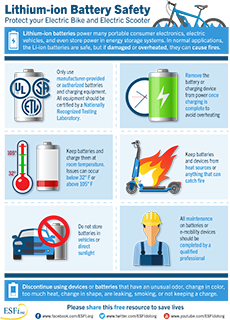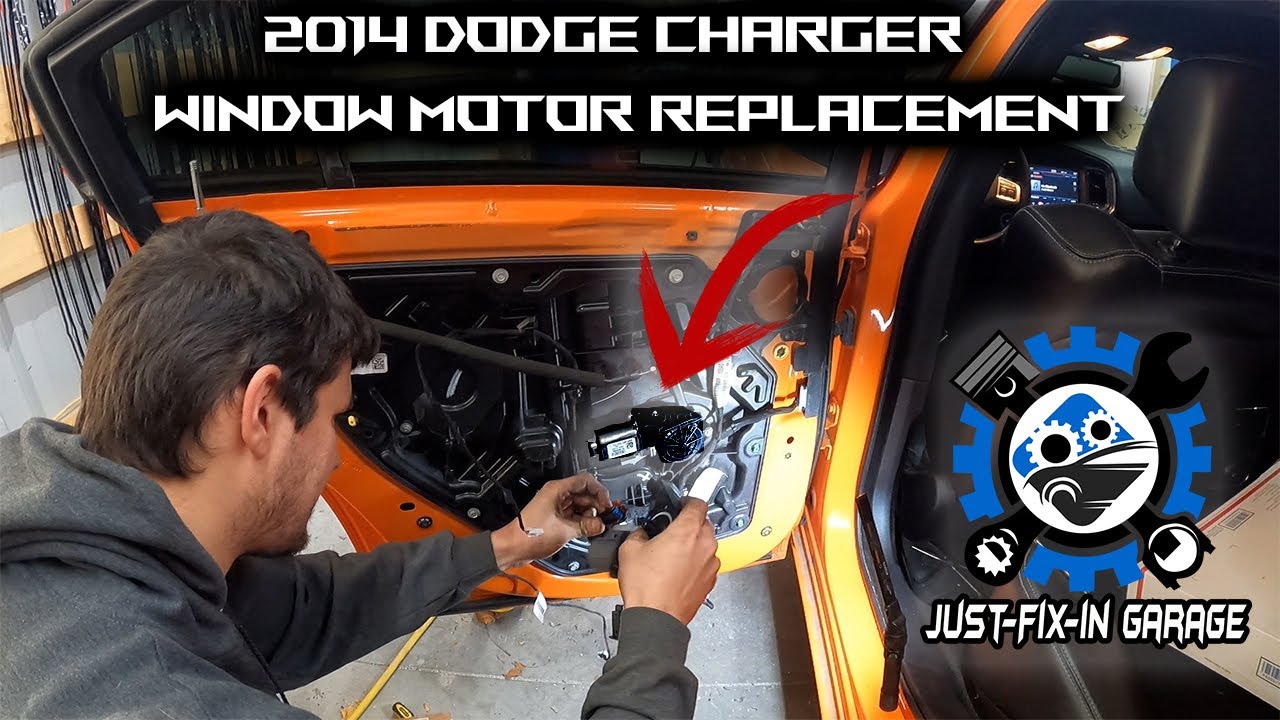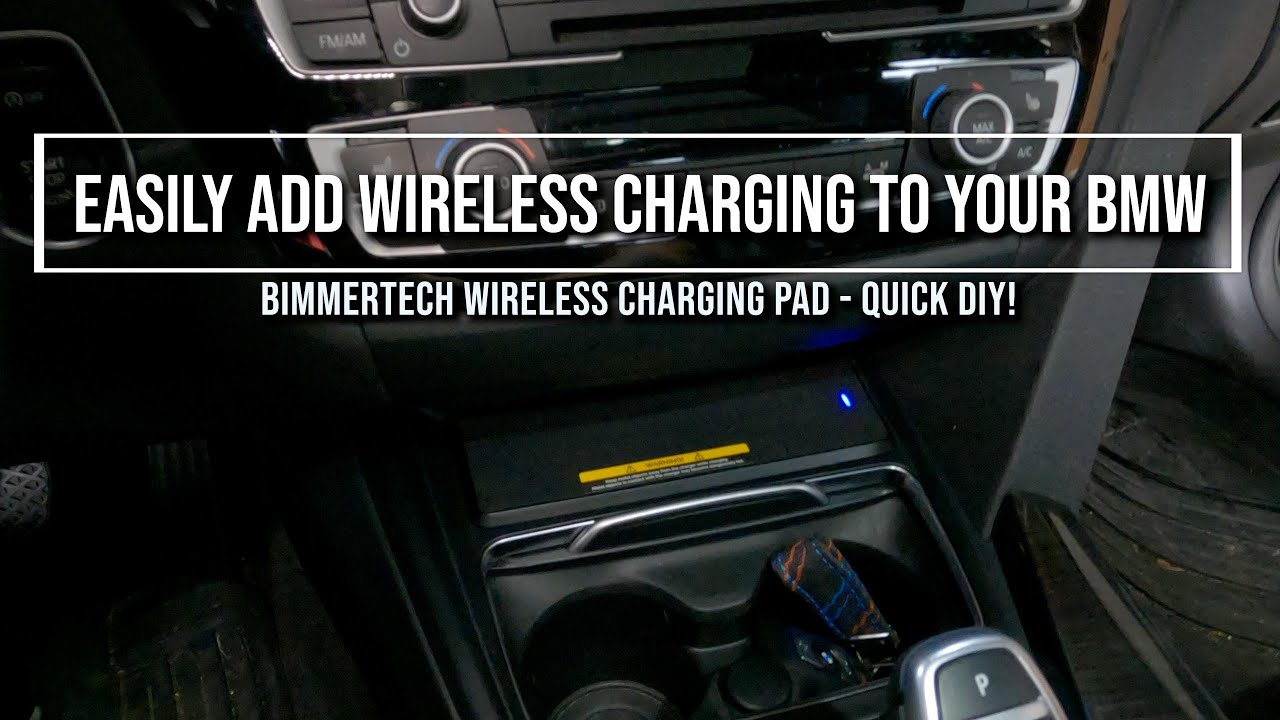Best Way to Maintain a Lithium Car Battery
Lithium car batteries are becoming increasingly popular due to their high energy density, lightweight construction, and long lifespan. While lithium batteries are incredibly durable, proper maintenance is essential to ensure optimal performance and longevity. Here are some tips on how to maintain your lithium car battery:
1. Avoid Complete Discharge
Unlike lead-acid batteries, lithium batteries do not need to be fully discharged before recharging. In fact, it is best to avoid completely draining a lithium battery whenever possible. Frequent deep discharges can shorten the battery’s lifespan and reduce its overall capacity. Try to keep the battery level between 20% and 80% for the best results.
2. Keep Your Battery Cool
Lithium batteries perform best when kept at a moderate temperature. High heat can cause the battery to degrade faster, while extreme cold can reduce its efficiency. To maintain the optimal temperature, store your car in a shaded area during hot weather and consider using a battery blanket or insulation during the winter months.
3. Perform Regular Maintenance
Regular maintenance is essential for keeping your lithium car battery in top condition. Check the battery terminals for any signs of corrosion, clean them with a mixture of baking soda and water, and tighten any loose connections. Additionally, be sure to inspect the overall condition of the battery and cables regularly.
4. Use a Compatible Charger
When charging your lithium car battery, it is crucial to use a compatible charger designed for lithium batteries. Avoid using a charger that is too powerful, as it can damage the battery and reduce its lifespan. Follow the manufacturer’s recommendations for charging voltage and current to ensure safe and efficient charging.
5. Store Your Battery Properly
If you need to store your lithium car battery for an extended period, it is essential to do so properly to prevent damage. Store the battery in a cool, dry place away from direct sunlight and extreme temperatures. Ideally, the battery should be stored at around 50% charge to prevent over-discharging or overcharging.
6. Monitor Battery Health
Keeping track of your lithium car battery’s health is crucial for detecting any potential issues early on. Use a battery monitor or management system to monitor the battery’s voltage, temperature, and overall condition. This information can help you identify any problems and take appropriate action to prevent damage or failure.
7. Avoid Overcharging
Overcharging a lithium car battery can lead to overheating, swelling, and potential safety hazards. To prevent overcharging, use a charger with an automatic shut-off feature or a smart charging system that stops charging once the battery reaches full capacity. This will help protect the battery and prolong its lifespan.
Conclusion
Proper maintenance is key to maximizing the lifespan and performance of your lithium car battery. By following these tips and staying proactive about monitoring your battery’s health, you can ensure that your battery operates at its best for years to come. Remember to consult the manufacturer’s guidelines and recommendations for specific care instructions tailored to your lithium battery model.
Best Way to Maintain a Lithium Car Battery
Lithium car batteries are becoming increasingly popular due to their high energy density, lightweight construction, and long lifespan. While lithium batteries are incredibly durable, proper maintenance is essential to ensure optimal performance and longevity. Here are some tips on how to maintain your lithium car battery:
1. Avoid Complete Discharge
Unlike lead-acid batteries, lithium batteries do not need to be fully discharged before recharging. In fact, it is best to avoid completely draining a lithium battery whenever possible. Frequent deep discharges can shorten the battery’s lifespan and reduce its overall capacity. Try to keep the battery level between 20% and 80% for the best results.
2. Keep Your Battery Cool
Lithium batteries perform best when kept at a moderate temperature. High heat can cause the battery to degrade faster, while extreme cold can reduce its efficiency. To maintain the optimal temperature, store your car in a shaded area during hot weather and consider using a battery blanket or insulation during the winter months.
3. Perform Regular Maintenance
Regular maintenance is essential for keeping your lithium car battery in top condition. Check the battery terminals for any signs of corrosion, clean them with a mixture of baking soda and water, and tighten any loose connections. Additionally, be sure to inspect the overall condition of the battery and cables regularly.
4. Use a Compatible Charger
When charging your lithium car battery, it is crucial to use a compatible charger designed for lithium batteries. Avoid using a charger that is too powerful, as it can damage the battery and reduce its lifespan. Follow the manufacturer’s recommendations for charging voltage and current to ensure safe and efficient charging.
5. Store Your Battery Properly
If you need to store your lithium car battery for an extended period, it is essential to do so properly to prevent damage. Store the battery in a cool, dry place away from direct sunlight and extreme temperatures. Ideally, the battery should be stored at around 50% charge to prevent over-discharging or overcharging.
6. Monitor Battery Health
Keeping track of your lithium car battery’s health is crucial for detecting any potential issues early on. Use a battery monitor or management system to monitor the battery’s voltage, temperature, and overall condition. This information can help you identify any problems and take appropriate action to prevent damage or failure.
7. Avoid Overcharging
Overcharging a lithium car battery can lead to overheating, swelling, and potential safety hazards. To prevent overcharging, use a charger with an automatic shut-off feature or a smart charging system that stops charging once the battery reaches full capacity. This will help protect the battery and prolong its lifespan.
Conclusion
Proper maintenance is key to maximizing the lifespan and performance of your lithium car battery. By following these tips and staying proactive about monitoring your battery’s health, you can ensure that your battery operates at its best for years to come. Remember to consult the manufacturer’s guidelines and recommendations for specific care instructions tailored to your lithium battery model.



